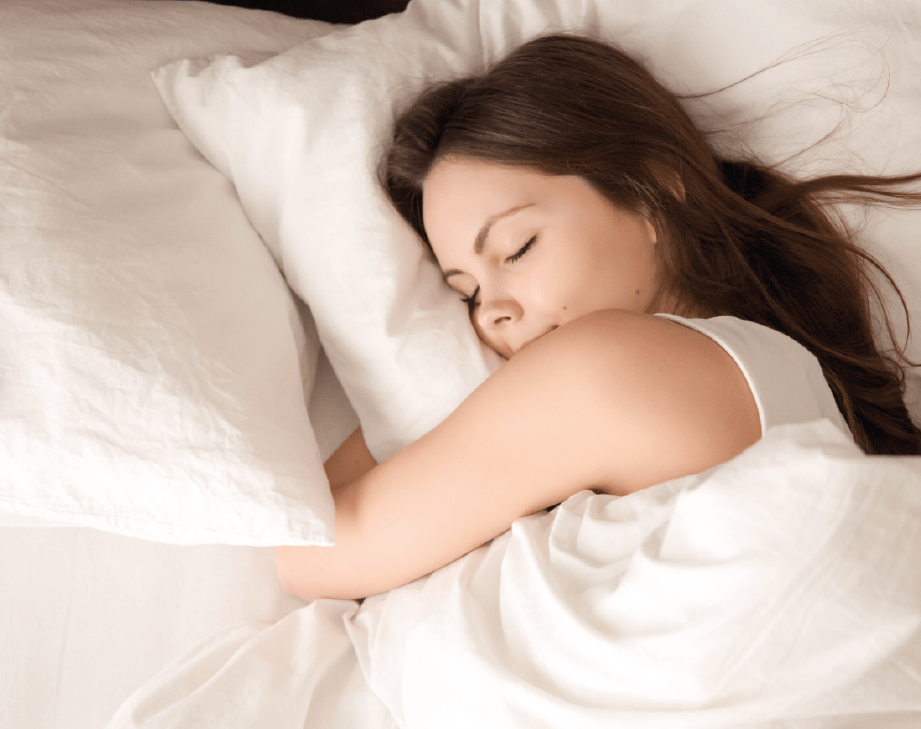

Tips for a good night’s sleep
Easy changes you can make
It’s easy to take sleep for granted, but it can come to dominate our lives when we’re not getting enough of it.
We may lose concentration, struggle with daily pressures, or see our health suffer.
With World Sleep Day designated on Friday, 19 March this year, here’s some basic advice which sleep experts agree on:
Stay regular
Many people find going to bed and getting up at roughly the same time each day helps them sleep better.
Create a restful sleeping environment
Keep your bedroom for sleep. It shouldn’t be too hot or cold, and it should be as quiet and dark as possible. Make sure your bed is not too soft or hard.
Exercise more
Regular, moderate physical activity, such as walking or swimming, can help relieve the day's stresses. Just don’t do a hard workout too close to bedtime.
Cut down on caffeine
Reduce tea or coffee in the afternoon and evening. They interfere with falling asleep and prevent deep sleep. Have a hot milky drink or herbal tea instead.
Don't over-indulge
Too much food or alcohol, especially just before bedtime, can play havoc with sleep patterns. Alcohol may help you fall asleep initially, but will interrupt your sleep later in the night.
Stub it out
Yes, smoking is bad for sleep too. Smokers take longer to fall asleep, wake more frequently and often experience more sleep disruption.
Try to relax before going to bed
Have a warm bath, listen to some quiet music, do some yoga or read a book to help relax your mind and body. Avoid digital devices for an hour or so before bed.
Make jobs lists
Deal with worries or address a heavy workload by making a list of things to be tackled the next day.
Don’t lie awake
If you can't sleep, get up and do something relaxing until you feel sleepy again - then go back to bed.



